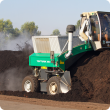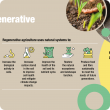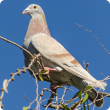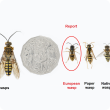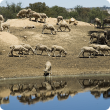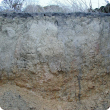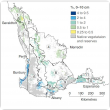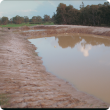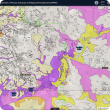Filter by regions:
- (-) Remove Goldfields-Esperance filter Goldfields-Esperance
- (-) Remove Great Southern filter Great Southern
- (-) Remove Peel filter Peel
- South West (644) Apply South West filter
- Wheatbelt (639) Apply Wheatbelt filter
- Mid West (635) Apply Mid West filter
- Perth regions (510) Apply Perth regions filter
- Gascoyne (469) Apply Gascoyne filter
- Pilbara (440) Apply Pilbara filter
- Kimberley (433) Apply Kimberley filter


